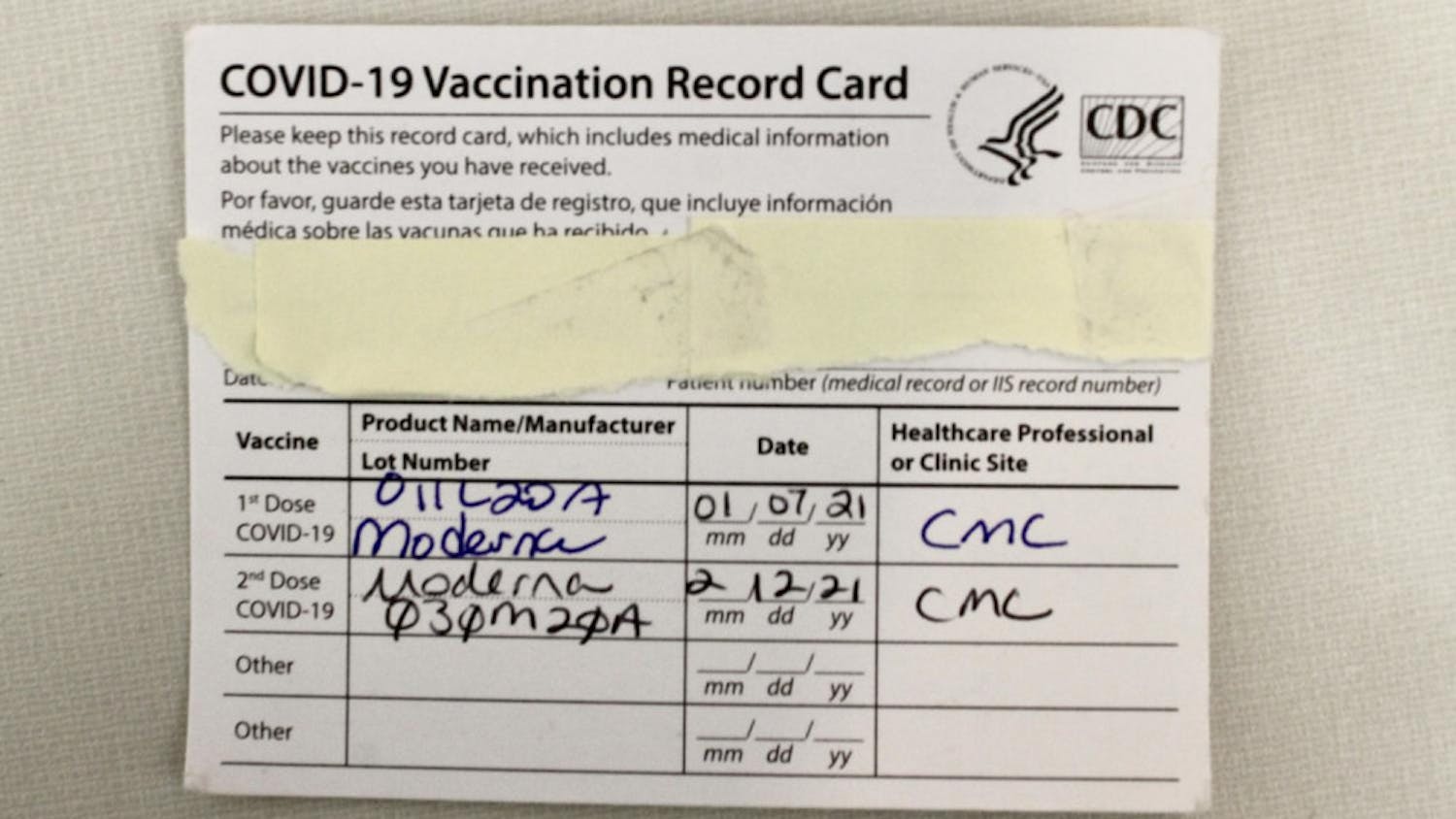Imagine opening your Mercer email for the hundredth time today and noticing the subject line: “Mercer University and Emory University Are Engaging in Talks for Merging Schools.”
Perhaps you would feel dumbfounded, angry, worried, and possibly excited? You might ask questions such as, “What are the new opportunities?” “How will this affect our class sizes?” and “Will tuition go up?” Likewise, due to these sentiments, hospital mergers currently are a hot topic in healthcare, especially in the metro Atlanta area.
A merger is a partnership where two entities join and share common objectives and resources. As of last month, Emory University Hospital announced its deliberations to merge with WellStar Health System, the largest not-for-profit health system in Georgia. In 2012, Piedmont Healthcare and WellStar formed a joint-venture partnership (similar but not as formal as a merger) to launch a health plan for patients in the Atlanta area. In fact, when asked about the consolidation of the metro Atlanta hospital market, Rondell Jaggers, the Director of Pharmacy at Grady, noted that he can only recall three hospitals (Grady, DeKalb Medical, and Gwinnett Medical Center), out of 59 in the area, that are not integrated into a health system. As future health care practitioners and administrators, this merger activity will impact our future work environments.
The Driving Factors: The Affordable Care Act
Why merge? It is a laborious process that undeniably produces detractors. The answer is the Affordable Care Act (ACA). Recent healthcare reforms stress “triple aim” goals: improving patient care, improving population health, and reducing cost. Health care administrators believe merging will combine clinical and/or managerial strengths and gain geographic coverage, which increases access to more patients and thus payment for services.
Good or Bad?
Proponents believe mergers ultimately prevent hospitals from trading-off healthcare quality and services for cost reductions. Mergers and similar partnerships have produced innovative healthcare models with a purpose of coordinating care and improving patient health, such the Georgia Health Collaborative, an Accountable Care Organization (ACO), and Patient-Centered Medical Homes (PCMH). However, critics cite studies that demonstrate that merger’s anticompetitive effects increase the cost of health care for patients. Regardless, mergers are trending: 20% of US hospitals seek to merge within the next 5-7 years.
The Odds Are Ever In Your Favor
The likelihood that health care graduates will be working within a recently merged entity is high. It is important to be proactive when entering the workforce in these transitioning times:
- If interviewing for a position, ask about past or prospective mergers. What are employees’ perceptions on the partnership? What barriers still exist? What is the workplace culture before and after the merger?
If working in an entity that is merging, get involved. Successful mergers require communication and coordination. Opportunities will arise to work on organizing committees and interdisciplinary patient-care teams. Keep an open mind and be willing to push the boundaries of your role. Otherwise, people will make decisions that impact your patients without you.




